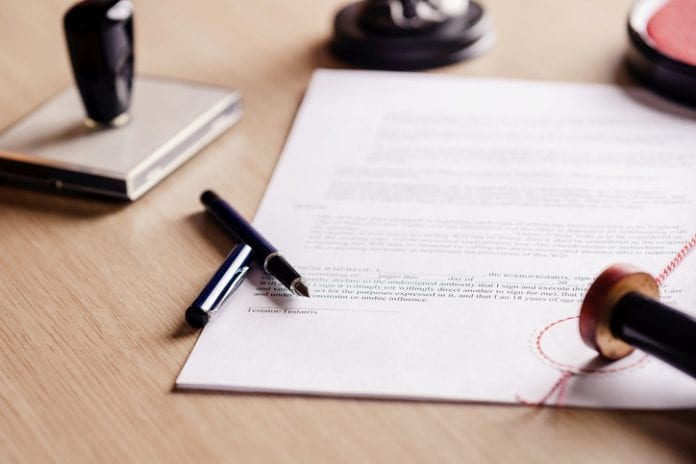
In the sale of a house the tasks to be dealt with are numerous: it is necessary to stipulate a preliminary contract, pay a deposit and finally sign the deed in the presence of a public official, ie a notary.
It is this latter that plays a central role in the process of buying and selling a property. The reason is easy to say: contacting a professional in the sector does not mean just sticking to what the law says, but above all avoiding that, in the future, someone can claim ownership. In fact, the notary attests to the validity of the sale and purchase, informing himself in advance that the process is carried out in full compliance with the regulations. At this point, however, the question arises: who is responsible for paying the fee?
Normally, the notary is to pay the purchaser, ie the one who thanks to the deed of sale becomes the owner of the property, and the payment takes place simultaneously with the signing of the deed. It often happens that it is the real estate agency that is addressed to advise the public official to whom to entrust the drafting of the deed. However, this does not mean that the purchaser has the right to decide independently the notary to whom reference is made.
Italian law also endorses this practice: art. 1475 of the Civil Code establishes that the costs of the sale are to be paid by the purchaser, since the notary fee represents in effect an expense for the sale of a house. But the same rule grants an exception: the parts of the sale may agree otherwise, establishing that the seller should take responsibility for the burden.
But what happens if the buyer does not pay the notary fee? In this case the payment obligation passes automatically to the seller. Although this is a rather rare hypothesis (many notaries say that in their careers they have never had such an experience), this is not a possibility to be overlooked. If the seller were to pay, however, without a prior agreement with the buyer, the former could claim the latter to obtain the return of the amount paid.


